- Portfolio
-
Services
Product DevelopmentFocus on the core idea and market fit while we masterfully handle user-focused product design.Learn moreEngineeringLeverage cutting-edge technology to address customer challenges with expert guidance.Learn moreAI consultingEmbrace the future of AI-driven innovation and thrive in a rapidly evolving digital landscape.Learn moreGrowth MarketingEngage targeted audiences and meet business goals through strategic marketing solutions.Learn more
- Company
- Insights
-
Areas of expertiseProduct DevelopmentFocus on the core idea and market fit while we masterfully handle user-focused product design.EngineeringLeverage cutting-edge technology to address customer challenges with expert guidance.AI consultingEmbrace the future of AI-driven innovation and thrive in a rapidly evolving digital landscape.Growth MarketingEngage targeted audiences and meet business goals through strategic marketing solutions.
How to Improve Remarketing in 2025: 6 Proven Strategies for Smarter Customer Re-Engagement
Author

Lubou Shuster
Marketing Strategist
- What is remarketing
- Don’t rely on a single platform
- Generic ads undermine relevance
- Underestimating the power of video
- Short-term thinking hurts long-term growth
- Ignoring life stage triggers
- Manual segmentation can only take you so far
- Your next step to remarketing mastery
In 2025, remarketing continues to evolve from a tactical tool to a strategic growth lever. As traditional conversion funnels become more fragmented, smart remarketing helps brands reconnect with potential customers across platforms, channels, and life stages. This article explores six field-tested strategies to supercharge remarketing performance, backed by real-world results from B2B and B2C brands.
Key Takeaways
- Multi-platform remarketing expands your reach and reduces ad fatigue across user touchpoints.
- Segmenting by customer journey enables more relevant and timely messaging.
- Video remarketing boosts engagement, increasing ad recall and purchase intent.
- Always-on campaigns powered by first-party data sustain brand visibility year-round.
- AI-driven audience segmentation uncovers high-intent segments for efficient budget allocation.
What Is Remarketing, and Why It Still Matters in 2025
Remarketing (or retargeting) involves reaching users who previously interacted with your brand but didn’t convert. Given that only 2% of first-time visitors make a purchase, the remaining 98% represent untapped potential.
Modern remarketing spans Google, Meta, LinkedIn, and more—allowing brands to re-engage with tailored ads based on behavior, interests, and demographics. Done right, it not only improves conversion rates but also shortens the sales cycle. However, poor execution can frustrate users and waste budget.
Let’s explore six pitfalls marketers face, along with the proven strategies we use to avoid them.
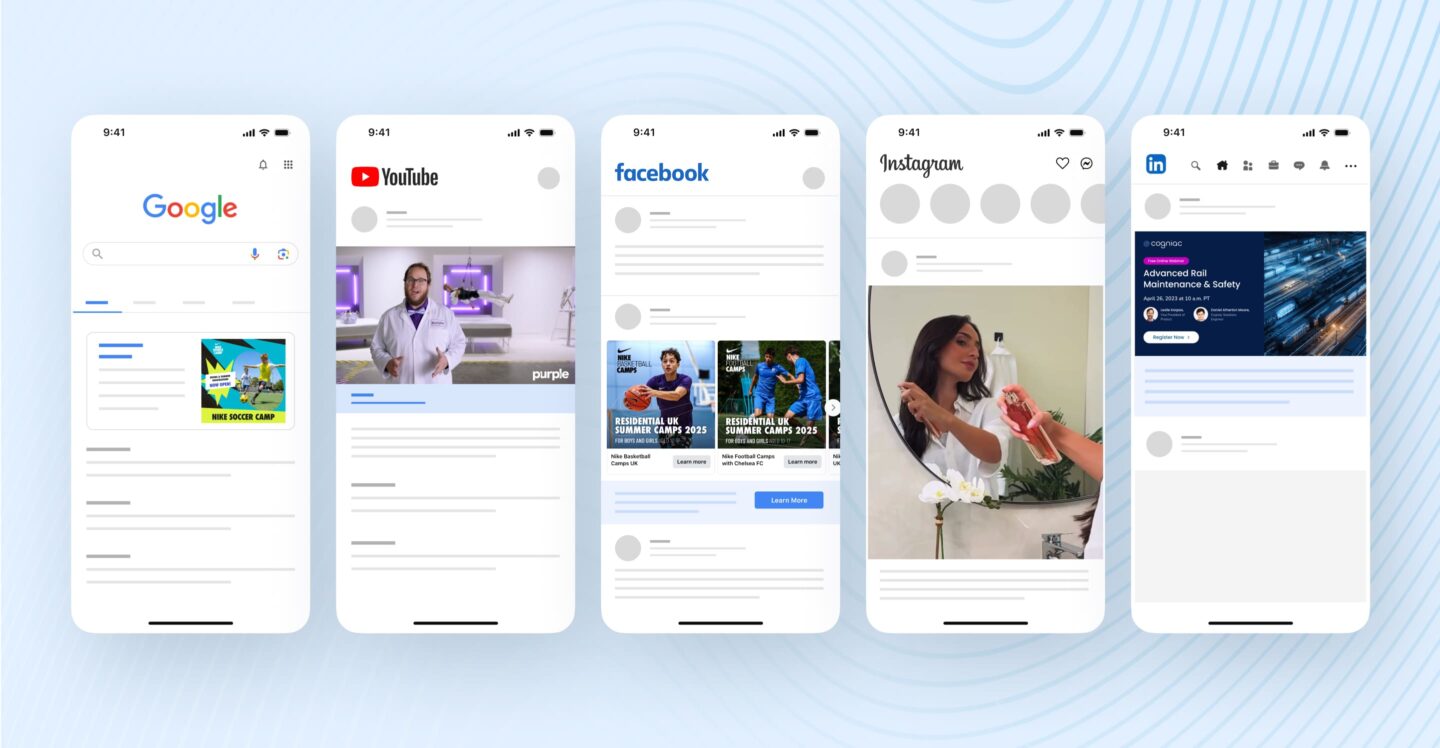
1. Don’t Rely on a Single Platform
The Mistake: Relying solely on Google Ads (or any one channel) limits your reach and creates repetition fatigue.
The Fix: Diversify your remarketing strategy across platforms where your audience actually spends time—social media, search, programmatic networks, and even CRM channels like email.
Real-World Example
Our client, a computer vision platform, Cogniac, expanded its remarketing efforts from Google Ads to LinkedIn. With A/B testing and persona-driven messaging, they captured 5–7 leads per week from Google and 5 from LinkedIn—boosting pipeline velocity significantly.
Where It Works
B2B, e-commerce, SaaS, and hybrid business models with audiences that move between professional and personal platforms.
Pro Tip: Align tone and content format to the platform. Use concise visuals on Instagram and thought leadership posts on LinkedIn. Tools like Meta’s Audience Insights and Google’s Customer Match help tailor reach.
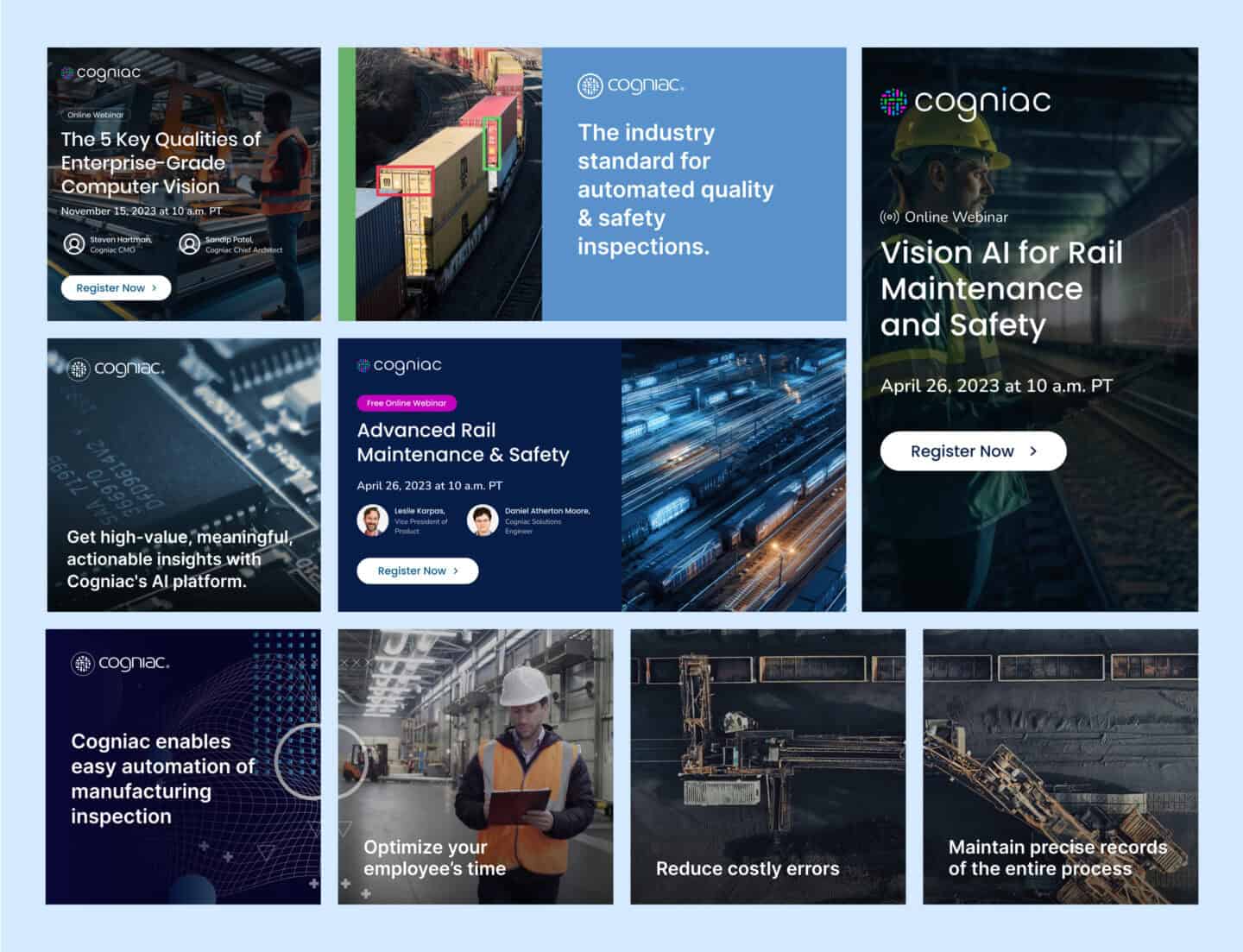
2. Generic Ads Undermine Relevance
The Mistake: Using the same messaging across all users, regardless of where they are in the buyer journey.
The Fix: Segment your remarketing ads by funnel stage: awareness, consideration, decision, and post-purchase.
Content Mapping Framework
- Awareness: Blog readers, cold visitors. Offer free guides or expert insights.
- Consideration: Product page visitors, demo watchers. Promote trial offers or recorded webinars.
- Decision: Cart viewers, pricing page visits. Use urgency-based incentives.
- Purchase: Cart abandoners. Use reminders or personalized offers.
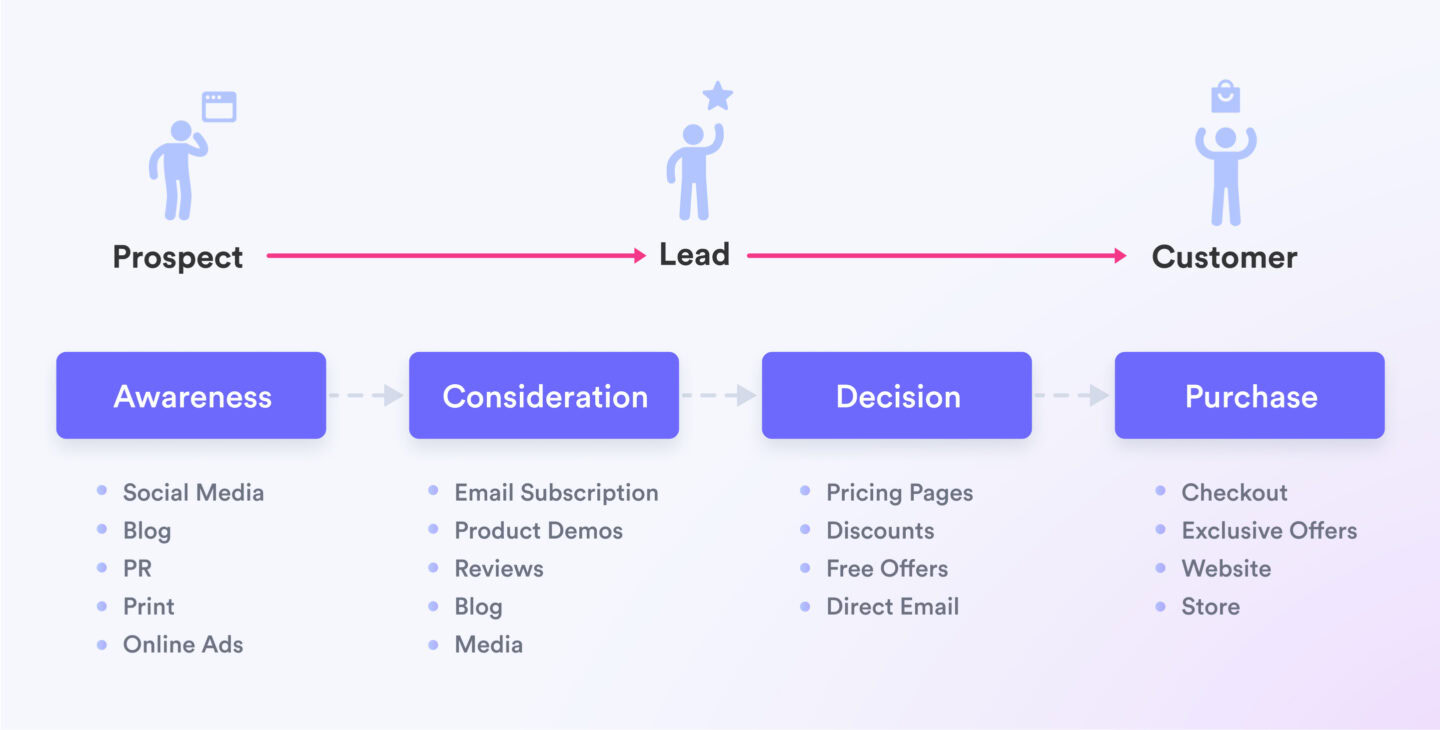
Real-World Example
To market youth sports camps for another client, we used Meta ads for awareness-stage users, offering brochures and email nurture. For high-intent visitors, we directed them straight to conversion-optimized landing pages. Funnel alignment increased conversion efficiency.
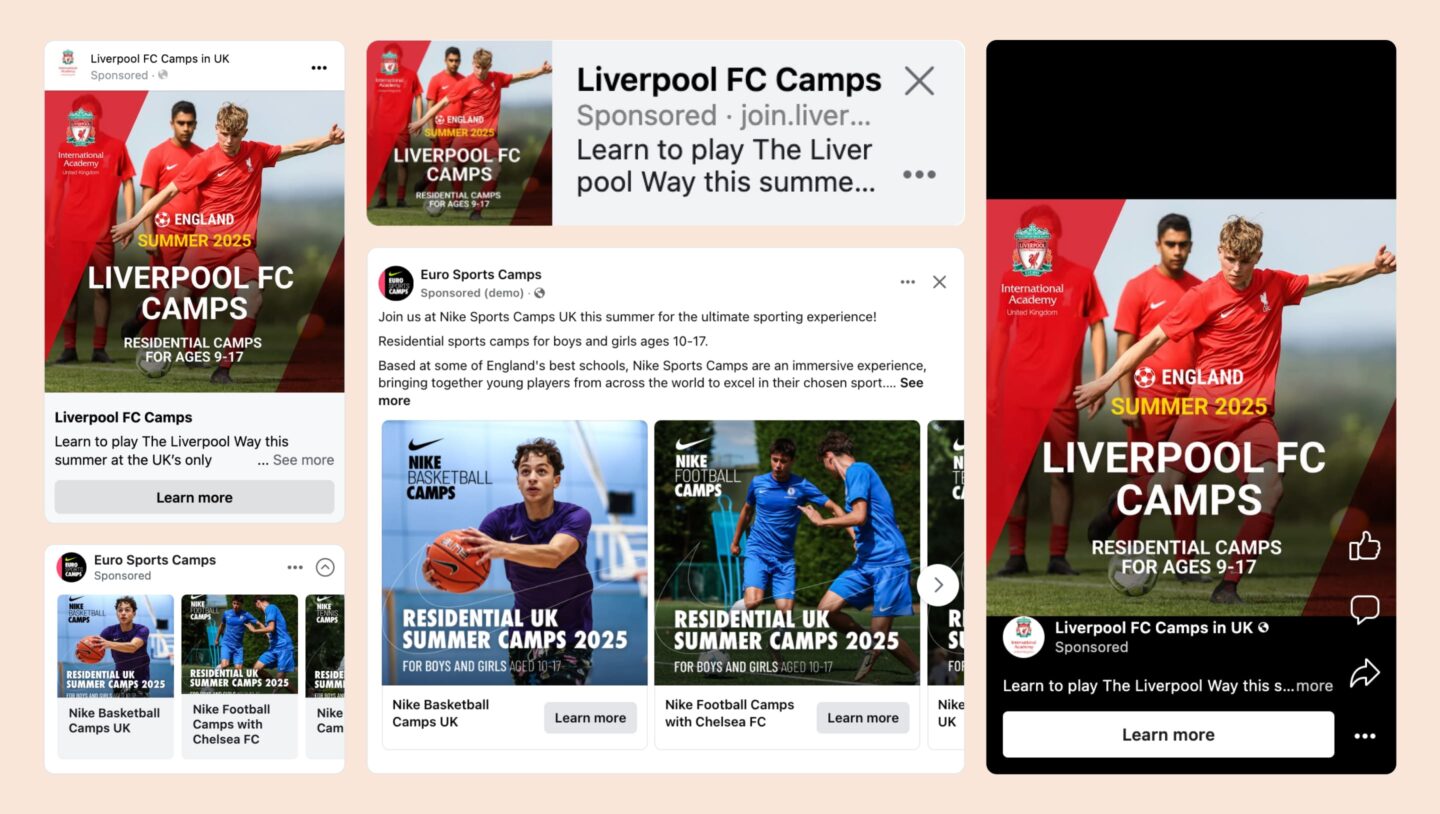
Where It Works
Subscription-based services, SaaS, and any business with a longer consideration window.
3. Underestimating the Power of Video
The Mistake: Neglecting video ads or treating them as an afterthought.
The Fix: Integrate short-form and long-form video content into remarketing campaigns, customized by platform.
According to industry benchmarks, 84% of people who view a brand’s video are likely to buy a product or service.
Video Content Strategy
- Awareness: Quick explainer videos, social Reels, teaser animations.
- Consideration: Product walkthroughs, case studies, testimonials.
- Decision: Personalized CTAs, offers, or FAQ-style video messages.
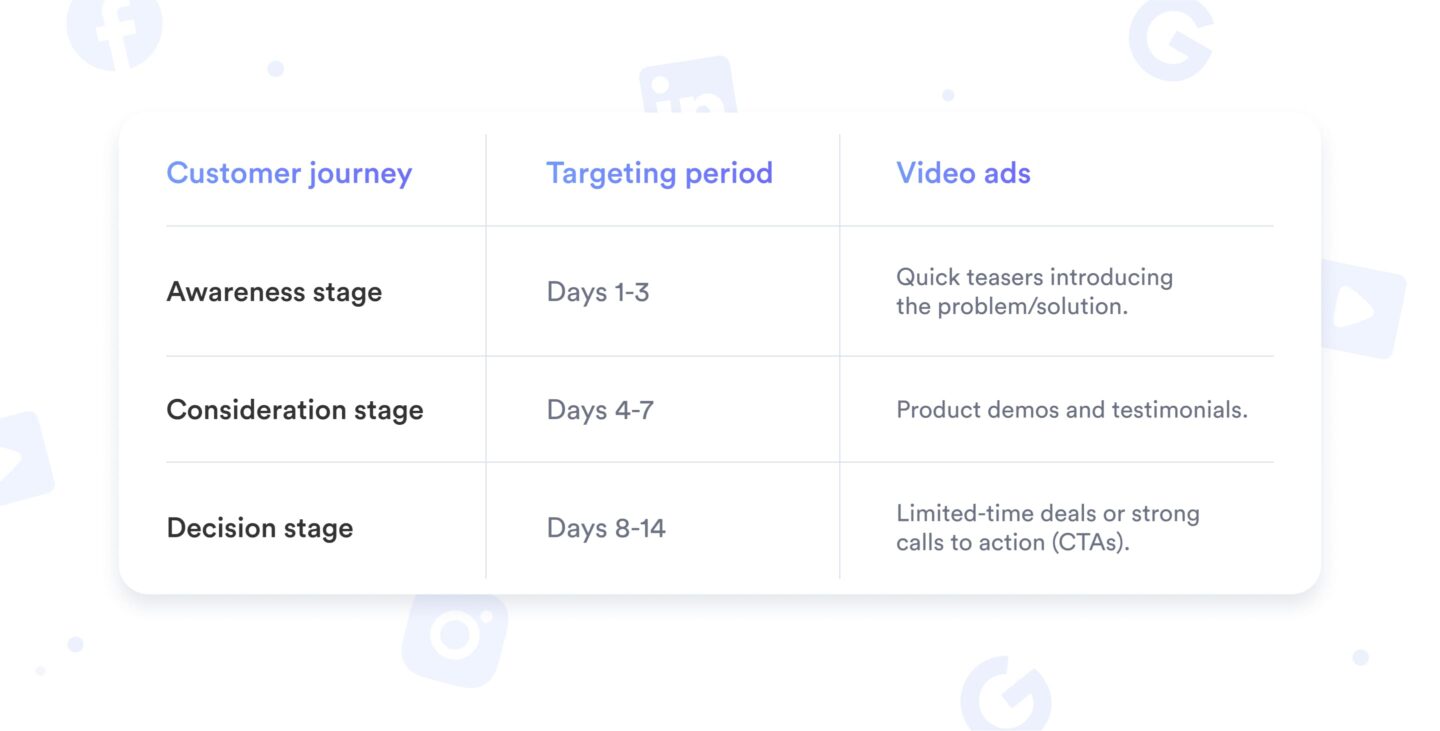
Real-World Example
A cosmetics brand in the UAE combined Facebook video remarketing with static ads. Video boosted ad recall by 23 points and purchase intent by 14 points. Layering formats created a stronger brand narrative.
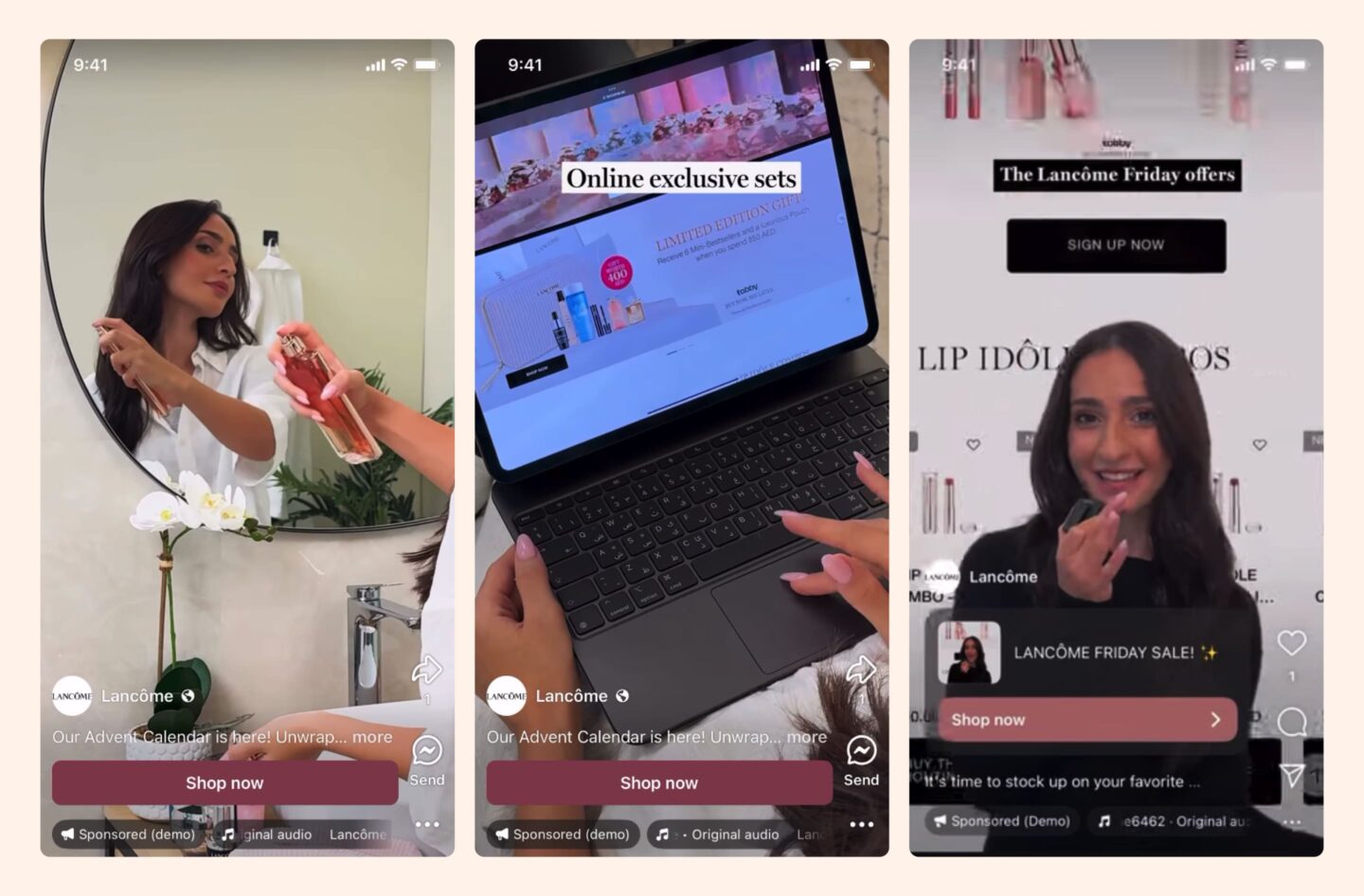
Where It Works
Retail, beauty, CPG, and D2C sectors where visuals and storytelling drive decision-making.
Pro Tip: Use polls, quizzes, and interactive video elements to encourage engagement.
4. Short-Term Thinking Hurts Long-Term Growth
The Mistake: Treating remarketing as a campaign-based tactic instead of a year-round engine.
The Fix: Adopt a long-term remarketing strategy that factors in seasonality, buyer behavior, and cookie limitations.
Real-World Example
For a youth sports camp brand, we analyzed historical data to identify that parents began planning summer camps in January. By reallocating ad spend to Q1, we cut CPC by 15% and lifted ROAS by 20%.
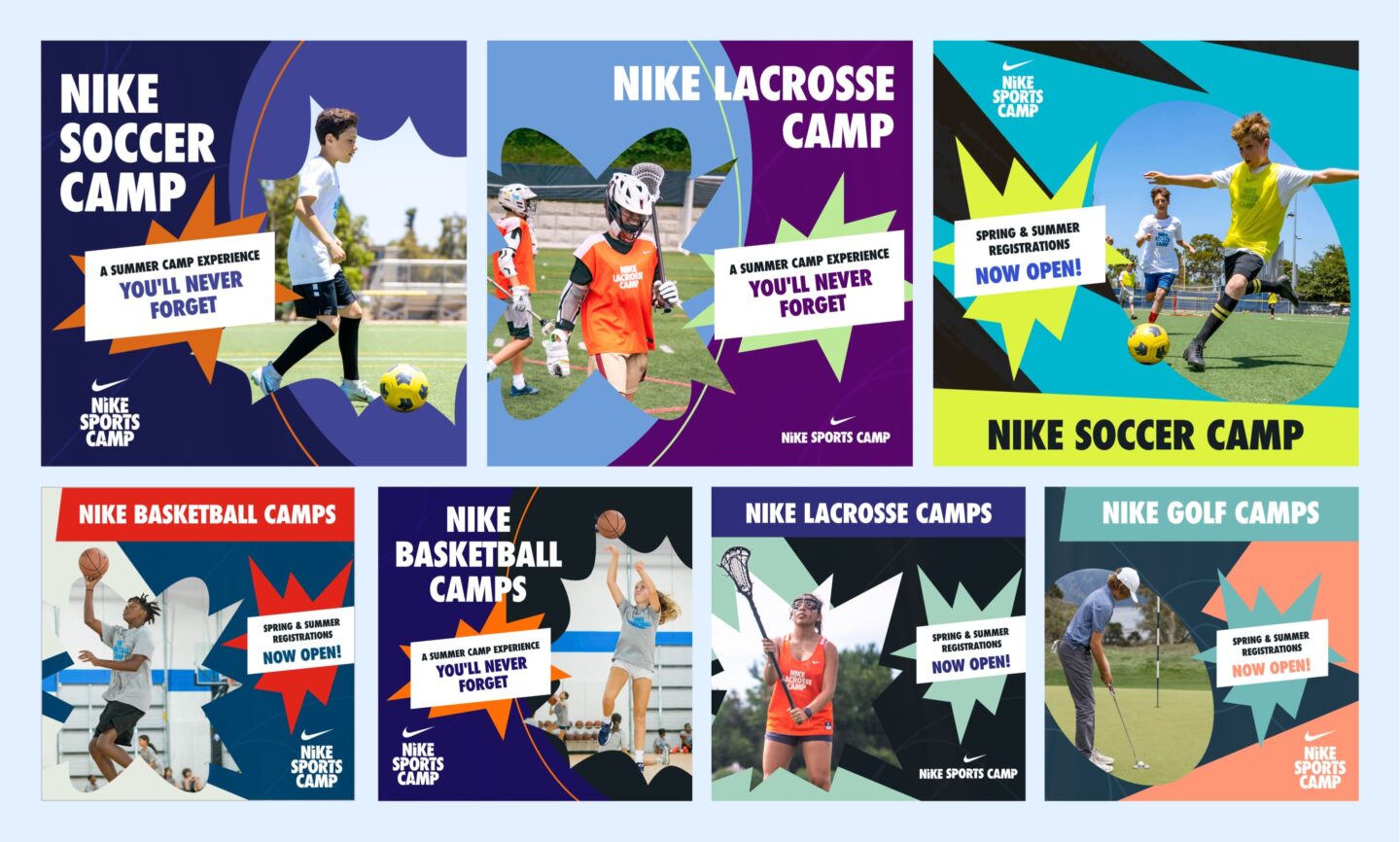
Where It Works
Seasonal industries (travel, events, education) and high-ticket purchases with extended decision cycles.
Pro Tip: Combine ad remarketing with email automation for persistent touchpoints. As third-party cookies phase out, first-party data like email and CRM segmentation become critical.
5. Ignoring Life Stage Triggers
The Mistake: Relying on broad demographics instead of tapping into key life moments.
The Fix: Use CRM-integrated remarketing to align campaigns with customer life stage events—birthdays, moves, marriages, and more.
Real-World Example
A mattress brand used display ads to target users going through life changes like moving or getting married. These life-stage campaigns raised purchase intent by over 20% and search interest by 150%+.
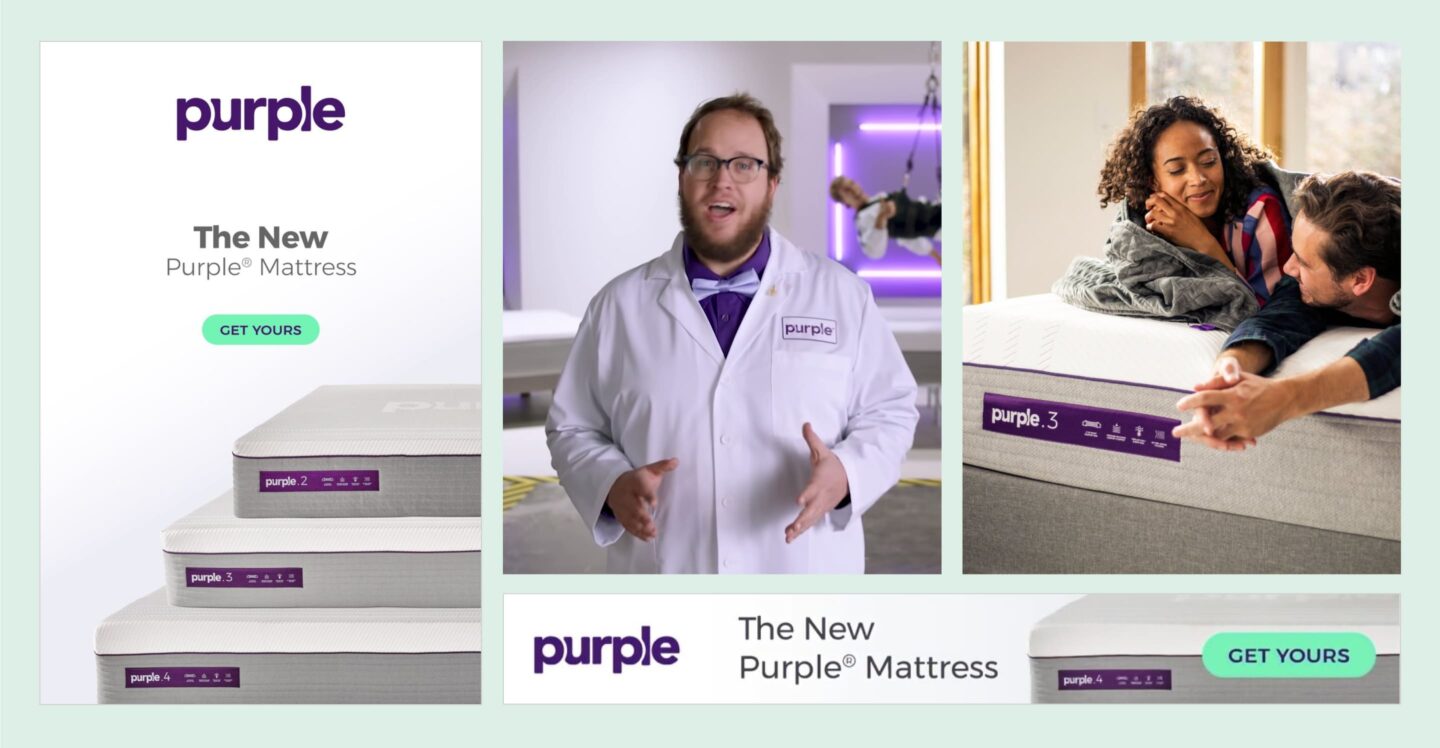
Where It Works
Retail, healthcare, finance, education, and real estate—industries where timing and life context are pivotal.
Pro Tip: Match ads with tailored landing pages that mirror the life event and offer curated product bundles or experiences.
6. Manual Segmentation Can Only Take You So Far
The Mistake: Segmenting audiences using outdated methods like basic demographics or past pageviews alone.
The Fix: Use AI-powered segmentation to identify high-intent micro-audiences based on behavioral data.
Real-World Example
A remote access software firm used machine learning to track micro-behaviors across their site. Instead of remarketing to everyone, they focused on users showing deeper engagement—cutting cost-per-lead by 67% and tripling lead volume.
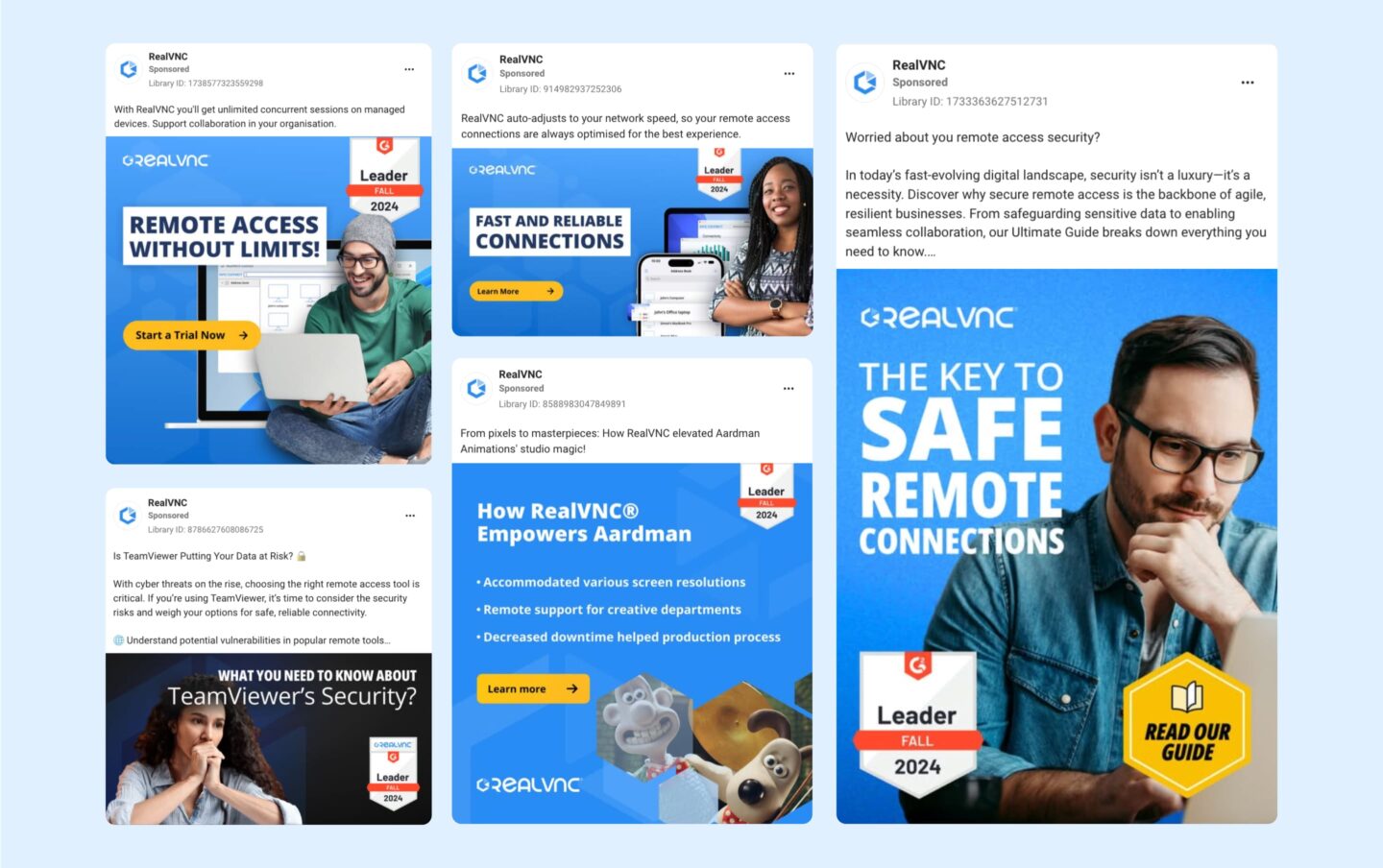
Where It Works
High-traffic websites, e-commerce platforms, SaaS companies, and marketplaces.
Pro Tip: Use AI tools to analyze dwell time, sequence of clicks, and interaction depth to score user intent.
Conclusion: Your Next Step to Remarketing Mastery
Great remarketing isn’t about chasing users with ads. It’s about building intentional, context-aware, and consistent re-engagement strategies. Ask yourself:
- Are we meeting customers where they are—across channels and funnel stages?
- Are we using the right content format to sustain attention?
- Are we maximizing first-party data and AI to deepen targeting?
Remarketing in 2025 isn’t about more impressions. It’s about smarter ones. And the brands who get this right? They won’t just improve conversions—they’ll earn loyalty.
Ready to take your remarketing strategy to the next level? Let’s discuss your remarketing needs.


